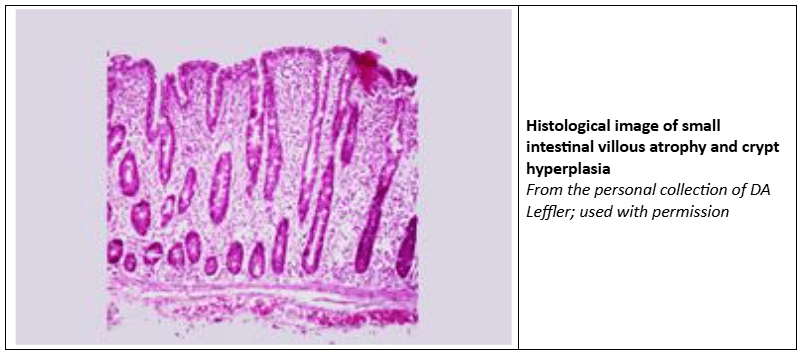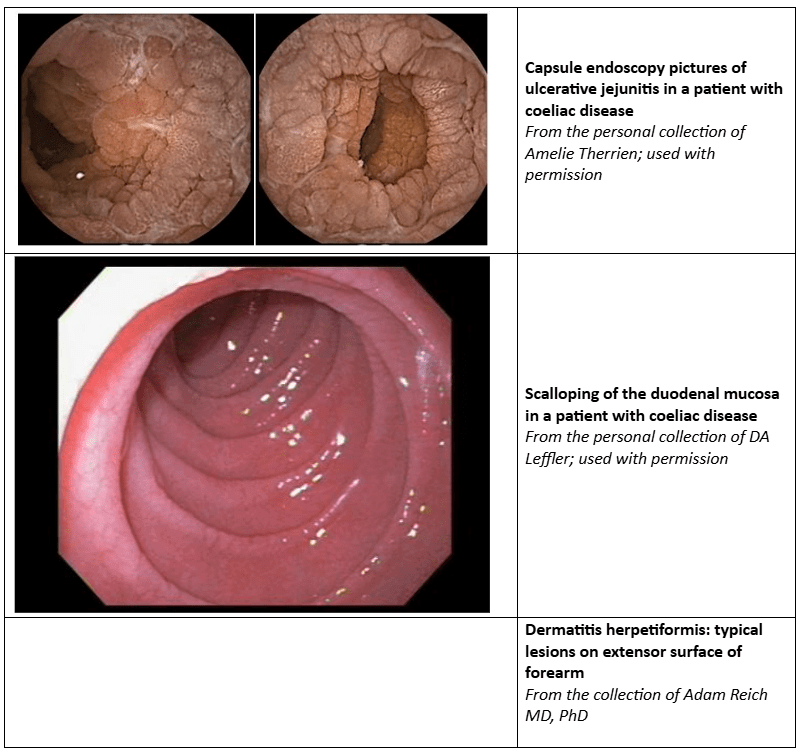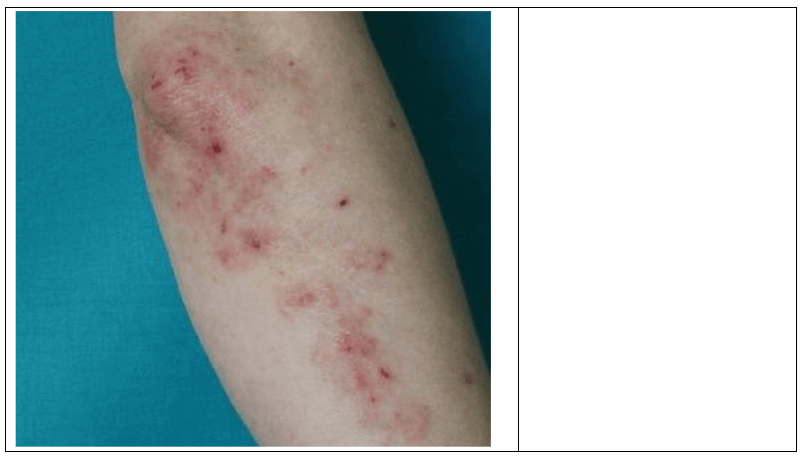Summary
Coeliac disease is an autoimmune condition that affects about 1% of the population and can develop at any age. It occurs when the immune system reacts to gluten, a protein found in wheat, rye, and barley. Symptoms can vary widely, from digestive issues like diarrhea to conditions such as anemia or osteoporosis. The only effective treatment is a lifelong gluten-free diet. If left untreated, coeliac disease can lead to serious health complications, including nutrient deficiencies and an increased risk of certain illnesses.
Diagnosis and When to Seek Help
If your child or a family member has persistent digestive problems, unexplained weight loss, fatigue, or signs of poor growth, consult a doctor. Other warning signs include anemia, frequent bloating, and skin rashes. Diagnosis usually starts with a blood test to check for specific antibodies. In most cases, a biopsy of the small intestine is needed to confirm the diagnosis.
Management
The only treatment for coeliac disease is a strict gluten-free diet, which helps heal the intestines and prevents further damage. This means avoiding all foods containing wheat, rye, and barley. Many naturally gluten-free foods, such as fruits, vegetables, rice, and dairy products, can be safely included in the diet. Working with a dietitian can help ensure proper nutrition and prevent accidental gluten exposure.
Follow-Up and Monitoring
Regular medical check-ups are essential to monitor healing and ensure that nutritional needs are met. Blood tests may be done periodically to check for ongoing inflammation or vitamin deficiencies. Support from healthcare professionals, dietitians, and coeliac support groups can help families adjust to a gluten-free lifestyle and maintain good health.



History and Exam
Key diagnostic factor
- diarrhoea
- bloating
- abdominal pain/discomfort
- anaemia
Other diagnostic factors
- family history
- osteopenia/osteoporosis
- fatigue
- weight loss
Risk factor
- family history of coeliac disease
- immunoglobulin A deficiency
- type 1 diabetes
- autoimmune thyroid disease
Diagnostic Investigations
1st investigations to order
- immunoglobulin A–tissue transglutaminase (IgA-tTG)
- quantitative IgA
- IgG DGP (deamidated gliadin peptide)
- FBC
Investigations to consider
- human leukocyte antigen (HLA) typing
- gluten challenge
- video capsule endoscopy

